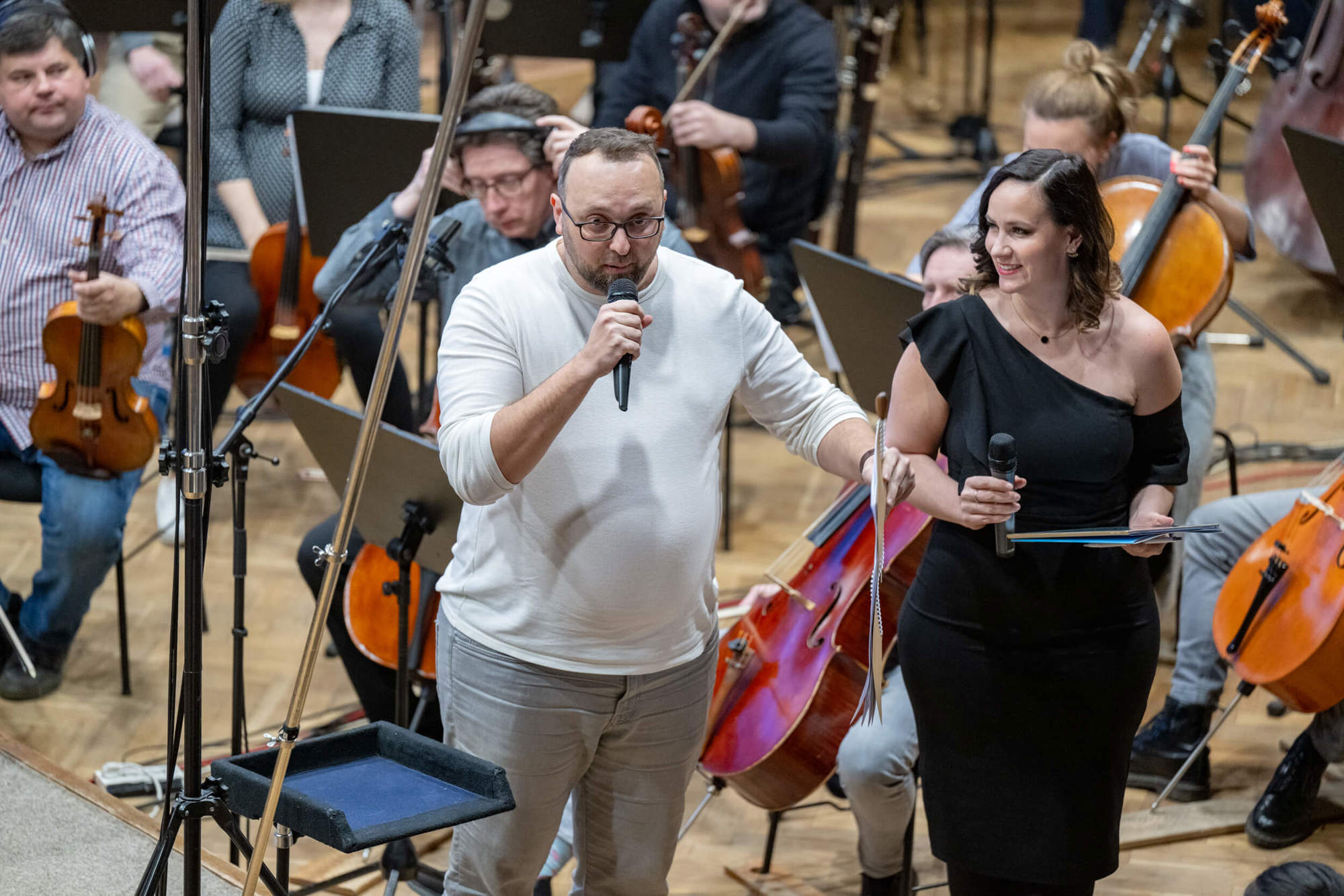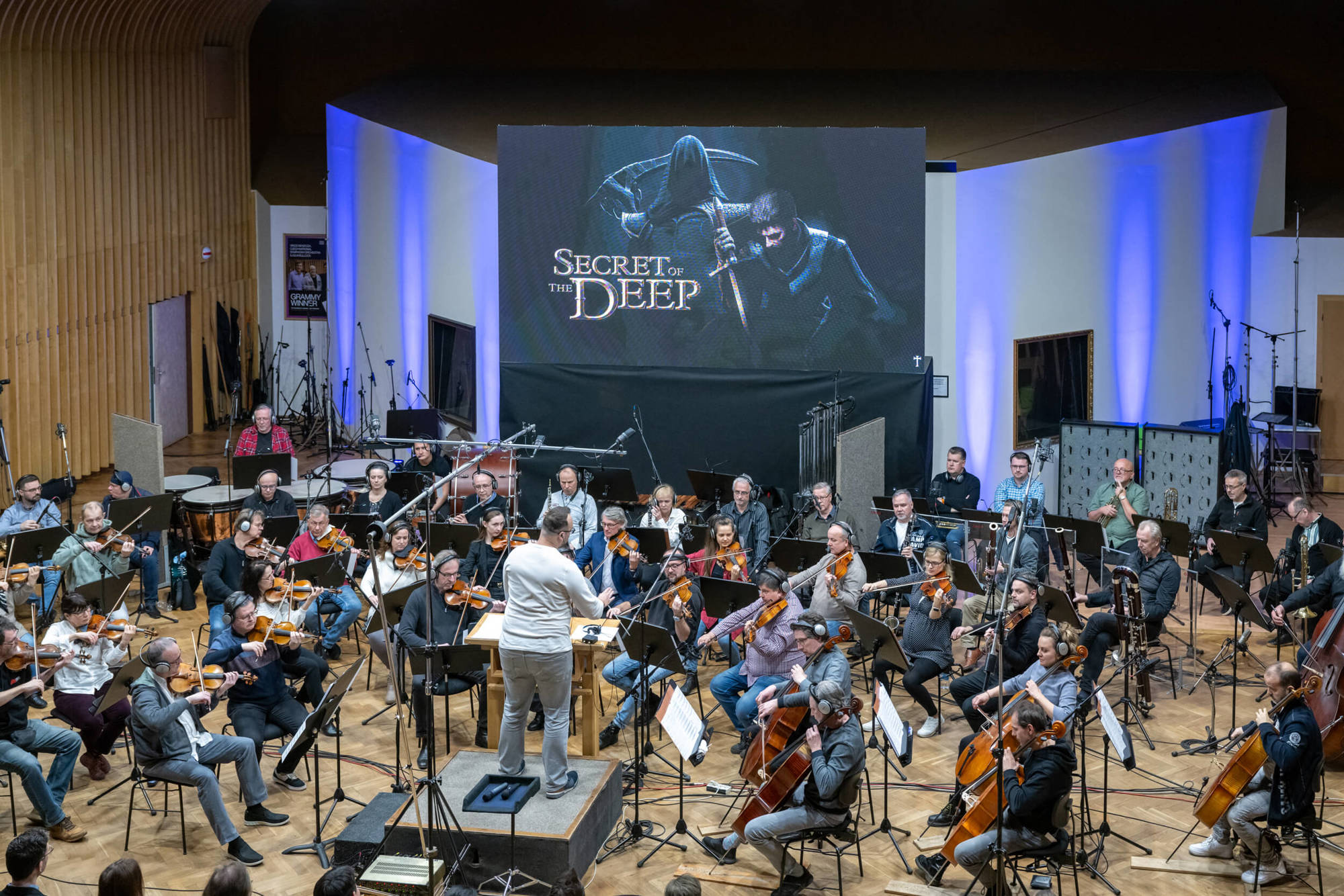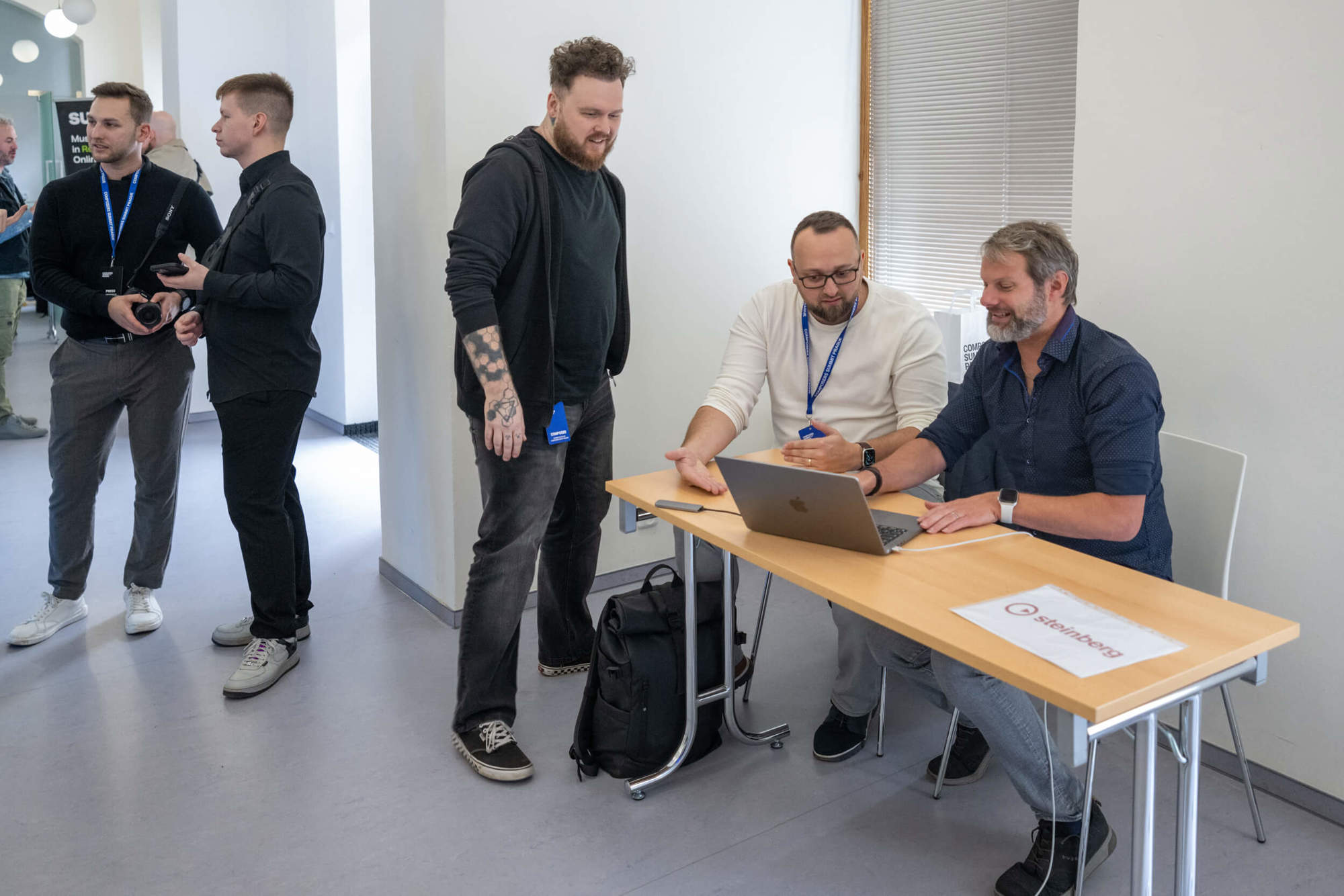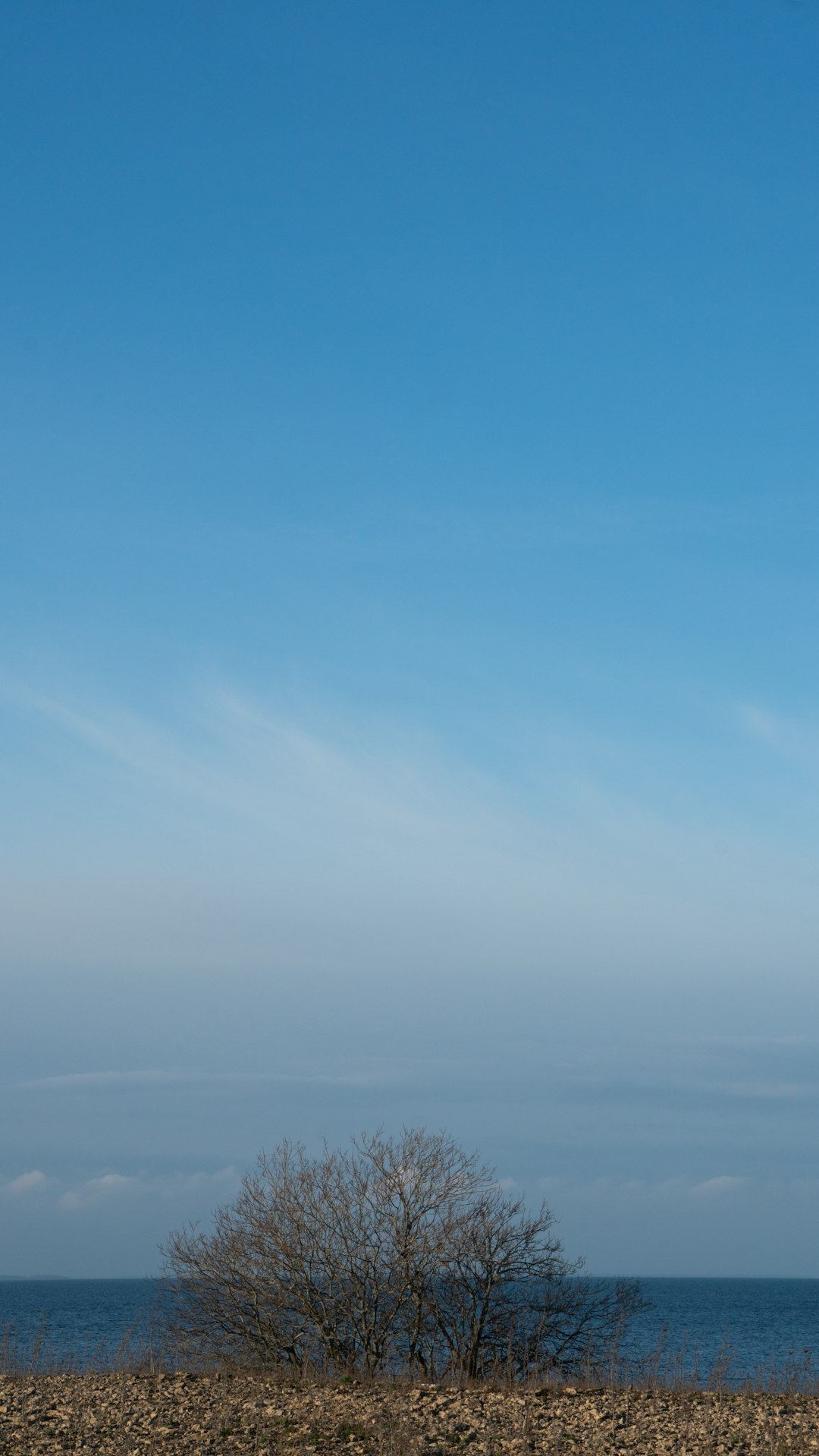How did you start composing music for films?
It was a long, arduous journey. And it still is, but it's a wonderful one. I originally studied to be a landscape architect, but I've been playing piano since I was seven, and I composed my first piece when I was eight. I always wanted to create something. Unfortunately, I never found a good piano teacher who wanted to support that in me. She mainly wanted to teach me techniques, which, in retrospect, was a good thing, but she didn’t want to hear anything of mine, and I completely lost interest in playing the piano and composing. When I was trying to decide what to do next, I chose landscape architecture. It was creative and beautiful. But music has always played a role in my life. I taught myself and composed only for myself. I got a job in the United States during my landscape architecture studies. It was near Philadelphia, which I loved exploring during the weekends. I once went into a piano bar and asked if I could play. The bartender said sure, go for it. I played some of my pieces and improvised a bit, and they liked it so much that they hired me to play there twice a week. For me, a twenty-year-old, it opened up a whole new world. I told myself I should try it when I return to the Czech Republic. So I went back to the Czech Republic, and that very evening I sat at the keyboard and recorded my first album on my computer. And I told myself, now’s the time to start working on my musical dream. I finished my landscape architecture degree and applied to the Prague Conservatory. After that, I knew I couldn’t do anything else. A person knows what's in their heart. At this time, I decided that my dream was to compose music for films. But there wasn't anywhere to study this in the Czech Republic, and I wanted to develop further. Even though I was of a “more advanced age”, I knew I wanted to learn more and new things. I wanted to try to study abroad. And while I was at it, how about at the best school in the world? At that time, it was the Berklee College of Music, where I spent three semesters studying film and game music.
Where did the impulse to create film music come from? Was it during your studies at the Prague Conservatory?
In Prague, I studied only piano and conducting. At that time, I composed romantic and scenic things, so film music naturally opened up creative opportunities for me. I needed to learn orchestration and instrumentation, how to work with the dramatic aspects of a scene, and how to capture emotions and the scene. I thought about what I wanted to do next. I like to dream big, and somewhere in my imagination, film music and Oscars shone in the distance. That was followed by the decision to go to Berklee. When I returned to the Czech Republic, I made an active effort to find work, but it was pretty tough. I sent my portfolio out to hundreds of e-mail addresses including game developers. Thankfully, one got in touch with me (ed.: Blue Brain Games), and I still work with them today. We’re working on our fourth game together.
What’s the starting point for creating music for a film or a computer game - is it the script, the visuals, or everything together?
It works differently with films than with games. With films, you start with the script or with the film itself, which is either a rough cut or - ideally - the final cut, but it usually doesn't work that way. Adjustments are made on the fly, and you constantly receive new material. With game music, it’s more interesting because the process is significantly longer. So with films, you work for one or two months; with a game, it's for two or three years. It's a long process - everything has to be programmed, animated, textures created, lighting, etc. Ideally, the composer should be brought in right at the start. Then, you see the storyboards and what a scene should look like. It’s always the most creative part because you talk about the story and how the music should work with it. Now, I’m working on the music for the game The House of Tesla. It’s a logical game about the inventor Nikola Tesla. There are all kinds of exciting opportunities for music. I even had the opportunity to develop the principle of how music should work interactively. You never know exactly what a player will do - and the music has to react to it.
When it comes to film, do you know how often the composer enters the process at the script stage and how often only at the rough-cut stage?
If it's a new project with a director or producer you've worked with before, they’ll often bring you in right at the beginning. In other cases, they’ll hire you at the beginning, but they won’t start sending you material until it's in post-production. Sometimes, it's even best not to read the script. The first impression you get from seeing a film is the best. However, the beginning is always challenging because you see the whole film; there’s just dialogue, makeshift sound effects, and silence. You've got a blank page in front of you on the recording software, and you’re wondering how to fill it. What I've found works for me is to develop the main motifs for important plot moments and characters first, then build on that. They’re little snippets that you gradually put together to create a mosaic.
What criteria are most important for you when deciding whether or not to work on a particular project?
It's up to the project itself to get my attention. I'm not yet at a point where I can turn down many commissions, but I want to work on something that inspires, motivates, and fulfils me, or it's a challenge that will push me forward. What’s also important is the human element. I'm very communicative and outgoing, and I need to get along with people, which has always been the case. Communication during a project helps a lot. You have to know how to translate what they want when they say that the scene is too light. Or too blue. So, I translated that to mean it's probably cooler, maybe too much minor harmony. You create a common language together with the client.




